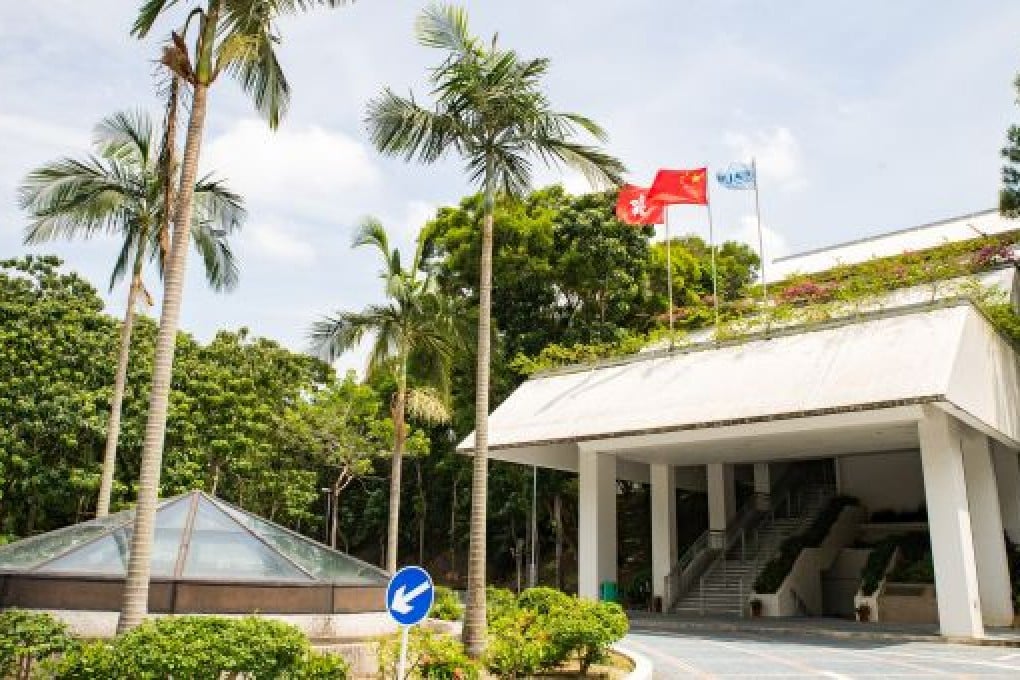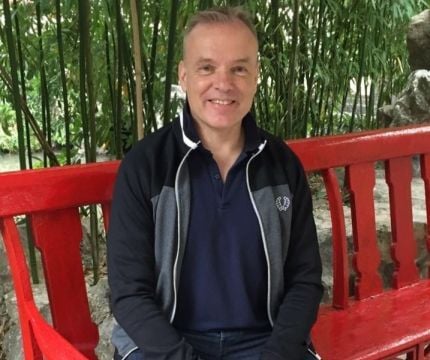A world of opportunity at Li Po Chun
The Li Po Chun United World College of Hong Kong is, in many ways, Hong Kong's most international school.

The Li Po Chun United World College of Hong Kong (LPC) is unique among schools in Hong Kong. Schools here are usually described as “local” or “international”, but the LPC straddles the two definitions. It’s the most international school in Hong Kong, but it’s also technically a local school.
According to the Education Bureau, an international school must be privately owned and have 70 per cent of its school places allocated to foreign passport holders. LPC has only 58 per cent of its students coming from overseas compared to 42 per cent local students. The school, founded in 1992, is also part of the government’s Direct Subsidy Scheme (DSS). That means it’s a “local” school.
However, LPC’s student body holds, incredibly, 81 passports from around the world, making it the most culturally diverse school in the city even if international schools are included.
“The college likes to see itself as a local international school," explains LPC principal Arnett Edwards. "International in outlook and having students of over 80 different nationalities. However, the college is also local in the sense that it has students from a diverse range of backgrounds within Hong Kong."

LPC Principal Arnett Edwards.